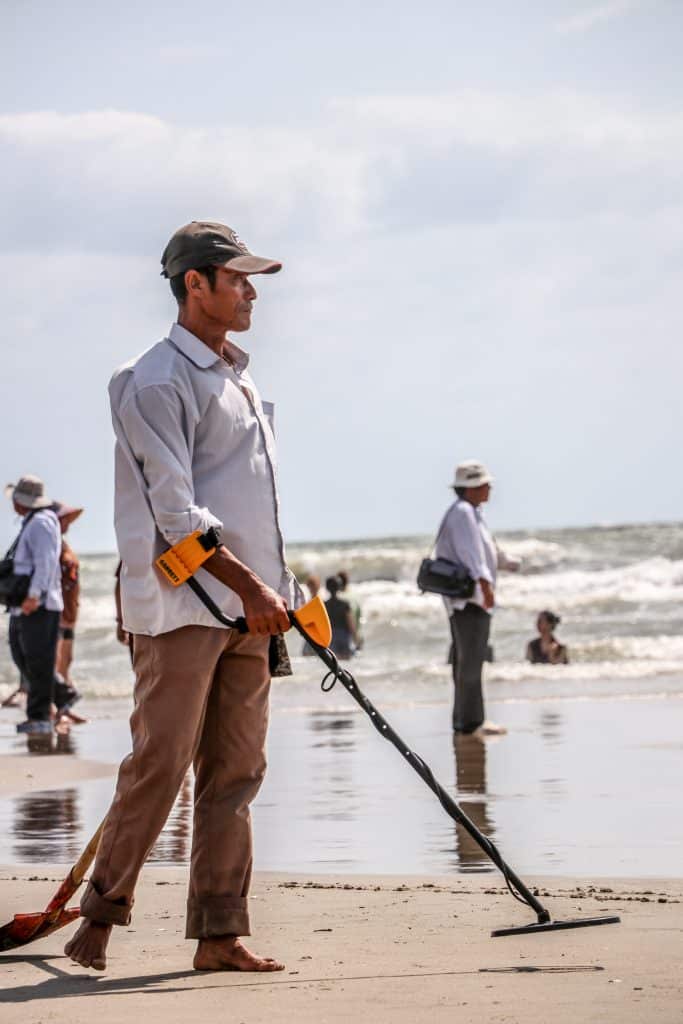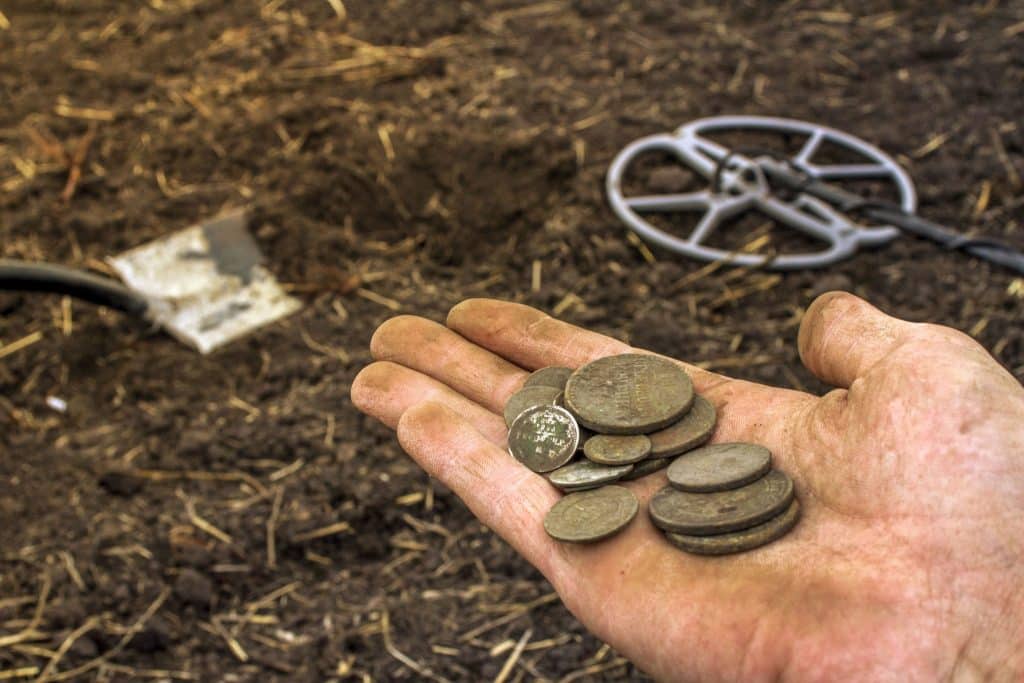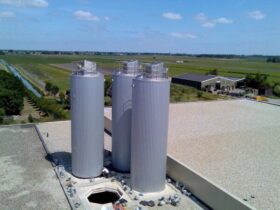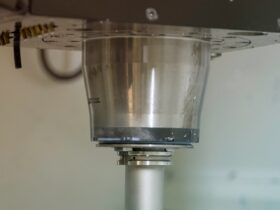If you’ve seen any metal detectors lately, you might have wondered about the treasures, artifacts, and/or weird items that you might be able to dredge. While this is an alluring prospect, most treasure hunters never find ancient gold or other super-valuable items. After all, those things would have been found ages ago if they were easy to detect. Here are five quick tips from Treasures in America that should help you get those elusive targets.
1. Never Abandon A Good Lead
If you’ve ever used a metal detector, you have probably noticed that they give a lot of false positives. Cheaper models don’t do a good job of identifying things, making the problem worse. When you hear that noise, you often can’t tell the difference between treasure and common trash.
This is not a big problem for experts who have learned to read the subtle signs. However, you are not an expert yet. As such, you should check out every significant beep that you find. Be prepared for the fact that you will get a lot of false positives, but that is part of the point. that experience will allow you to learn the difference between different types of readings.

2. Get The Best Detector You Can
A high-end metal detector is not exactly cheap. In fact, they tend to be pretty expensive. However, the cheapest models are an absolute waste of money. As we said earlier, more expensive models do a much better job of filtering the signals they receive.
While a cheap metal detector will just make a generic beep, the better ones have different tones to indicate different substances and other such features. If you can afford such a tool, it will greatly increase your chances of finding something valuable. It will mainly do this by saving you a lot of time spent digging for false leads.
When choosing your detector, working with your budget would be your initial intention. However, you should re-consider and think more about how serious will you be doing this kind of activity. Investing in a device such as deep metal detectors which can help you find gold nuggets or even coins can be a great decision in the long term. Since you are looking for something valuable, getting the right gear would always be the more efficient way of doing this.
3. Use Your Detector When The Ground Is Wet
As you might have guessed, water aids the conduction of electricity. Why should you do your metal detecting when the ground is wet? For the same reason that you shouldn’t put electrical devices near the bathtub. Water is a great conductor of electricity (in fact, you can even make a weak battery from water), and that aids your chances of finding something good.
Of course, there are some models of metal detectors that don’t do so well in wet conditions. In particular, VLF-type detectors can be confused and start picking up all kinds of false beeps. This problem seems to be enhanced when using a VLF tool on the beach (presumably because of all the salts in the water). Still, most people report increased depth detection after a good rain.
4. Respect Property Rights
Unless you happen to own a lot of lands, you will probably be compelled to treasure hunt in many places. Most public lands do not allow metal detecting because they don’t want too many people digging up the ground. Those who do allow it will certainly expect you to follow their rules and restrictions. Thus, finding a good area in which to hunt can be a problem. Beaches are obviously popular spots, but not everyone is fortunate enough to live near one.
The main thing here is to avoid the temptation to trespass on someone else’s property. Even if you think you can get away with it, it’s just not right. Since they own the land, they have every right to decide who can dig there. On the other hand, many property owners will allow you to treasure hunt on their property if you show respect and follow their rules. You might have to share any potential profits, but that’s a small price to pay.

Keep A Detailed Log Of Your Searches
This might seem to be borderline-autistic behavior, but you really should keep a detailed log of all your treasure hunts. If nothing else, this will keep you from searching the same place twice. If you are one of those people that really doesn’t enjoy digging, this kind of thing will help you a lot. Be sure to include dates, times, and geographic coordinates for maximum precision.
Correlation is another good reason for record-keeping. For instance, if a particular location has never yielded anything but trash and junk, you can definitely make it a lower priority. Locations that have yielded good finds or interesting leads, on the other hand, warrant a little more focus. Without good records, however, you will have to determine all that from memory.
Conclusion
Although this certainly isn’t everything that you need to know, it should be a good start on the knowledge that you need. The rest will have to come from further research and experience. With a little luck, these tips could help you to become the world’s next famous treasure hunter…or even its’ next millionaire. We wish you the best of luck and we hope that you will return soon.














The tips look great, thanks.
I had no idea that you should utilize your metal detector when there is moisture present in the ground since water can conduct electricity. My sister has been thinking about buying a metal detector so that she can start looking for lost jewelry near her local beach, but she is worried that her lack of experience will make it difficult for her to determine what times of the day she should be looking. Maybe she should find a resource online in order to learn how to get the most out of the equipment she purchases.